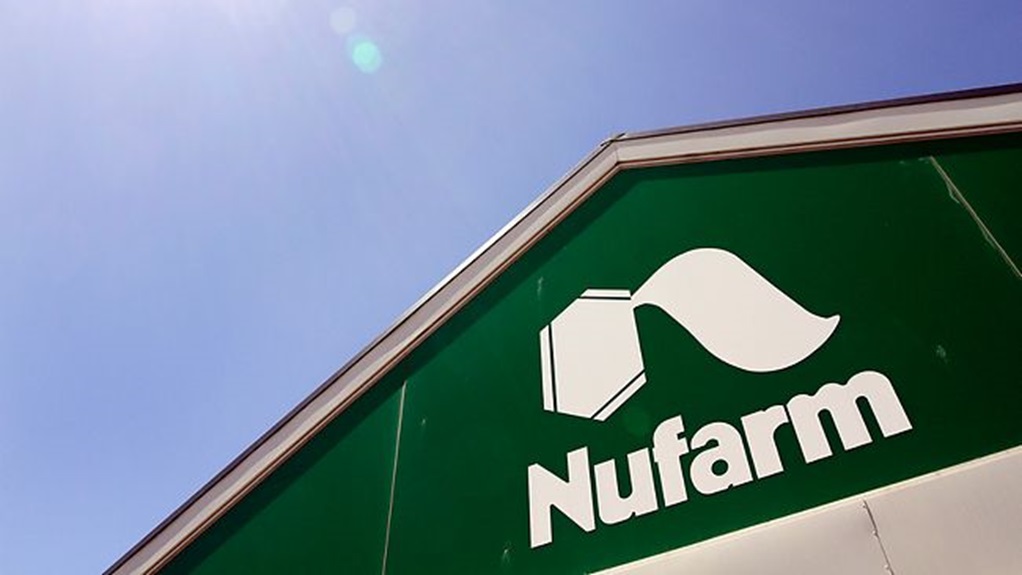Nufarm has announced the establishment of strategic R&D partnerships to further expand its bioenergy and sustainable oil platforms.
In recent years, the company acquired biomass oil trait technology developed by CSIRO, Australia’s national science agency, comprising an estate of patents relating to technology traits that, when deployed into crops, enable novel production and accumulation of oil in plant tissue. This acquisition and subsequent potential advancements are intended to bring new sustainable oil feedstock volumes to downstream industries.
To advance this technology, Nufarm has established R&D partnerships with the University of Florida USA and the Instituto Agronomico Brazil and expanded its R&D partnership with CSIRO to create a strategic pathway to advance this R&D technology.
Nufarm’s proprietary energy cane and forage sorghum genetics offer two of the highest biomass crops suited for the development and introgression of the biomass oil trait. In conjunction with the acquisition of the biomass oil technology, Nufarm has created a strategic pathway to advance this R&D technology and associated know-how.
When crops are harvested, the lipids in the aerial part of plants can be removed via crushing and/or an enzyme extraction process and then refined into biofuels such as biodiesel and sustainable aviation fuel (SAF) or used as a feedstock for other uses, including a broad range of consumer goods. After separation from the lipids, bioethanol can be created from the remaining sucrose content.
Nufarm is also working with additional strategic partners to identify new opportunities for technical project development and future downstream commercialisation.
Tags: Biofuels, Nufarm, Partnerships



Recent Posts
Japan Launches Major R&D Project to Advance Shipbuilding with Alternative Fuels
EU Adopts Emissions Standards for Low Carbon Hydrogen to Bolster Clean Energy Market
Trafigura to Implement ZeroNorth’s AI Platform Across Global Fleet
Cochin Shipyard to Construct eCap Marine’s Hydrogen-Fuelled SeaShuttles for Samskip
India Strengthens Hydrogen Economy with Hyundai-IIT Madras Innovation Centre
India Showcases Green Maritime Ambitions at London Investment Meet
Hong Kong Launches Incentive Scheme to Promote Green Maritime Fuel Bunkering
MSC Hosts Sustainability Experience in Antwerp for Global Supply Chain Leaders